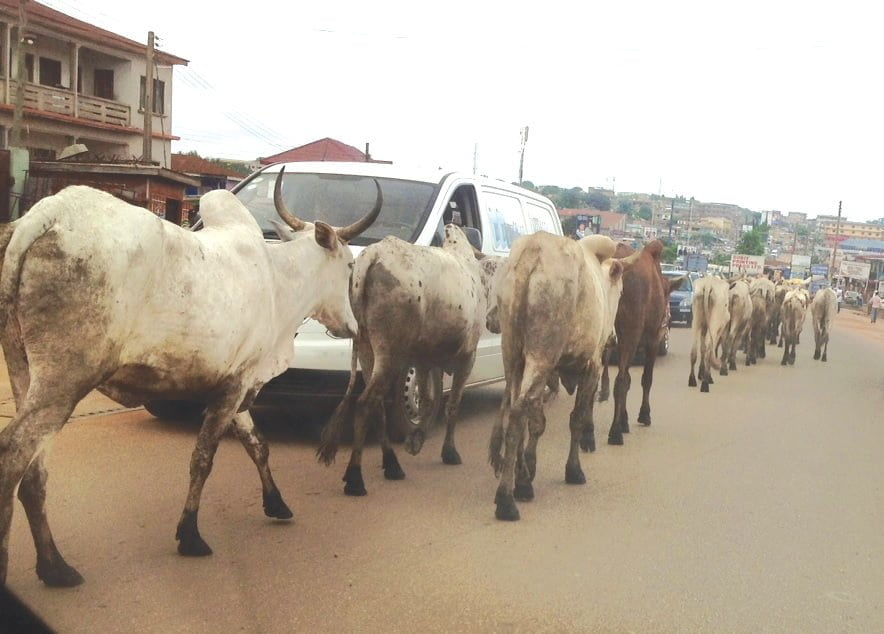Bolgatanga Municipal Chief Executive (MCE), Rex Asanga, has provided an update on the ongoing vaccination efforts to combat the anthrax diseases in the Yikene enclave [epicentre] and the surrounding communities. Speaking in an interview on A1 Radio, he revealed that approximately 3,000 ruminants have been vaccinated so far, thanks to the swift action taken by the Veterinary Services in collaboration with the Assembly when the first case was reported.
“It first happened in Yikene, and so the Veterinary Services, with the support of the assembly, moved in very quickly to vaccinate all animals. So far, about 3,000 ruminants have been vaccinated within the Yikene enclave just to contain the disease and ensure it does not spread,” stated MCE Asanga.
He further explained the importance of achieving a vaccination threshold of 70% in areas affected by outbreaks. The current vaccination coverage is below the desired threshold; however, MCE Asanga expressed gratitude for the involvement of the Food and Agriculture Organization (FAO), which has shown interest in addressing this matter. The FAO has promised the arrival of approximately 100,000 vials of vaccines for the region, and Bolgatanga is set to receive its share.
“Courtesy of the FAO, which has taken an interest in these specific matters, we have vaccinated 3,000 animals. They have promised the arrival of vaccines in Bolga, with about 100,000 vials allocated for the region. Bolga will receive its first share of the vaccines, and we will continue the vaccination efforts,” MCE Asanga explained.
Considering the estimated number of ruminants, including pigs, donkeys, and horses, in the Yikene enclave, which is around 6,000 to 7,000, ongoing vaccination efforts remain crucial to protecting the livestock population from further outbreaks.
The efforts to vaccinate livestock against anthrax in Yikene and its surrounding communities serve as a proactive measure to safeguard the health and well-being of the animals, prevent disease transmission, and protect the livelihoods of the local communities dependent on livestock rearing.
Source: A1radioonline.com|101.1MHz|Gerard Awombadek Asagi|Ghana


